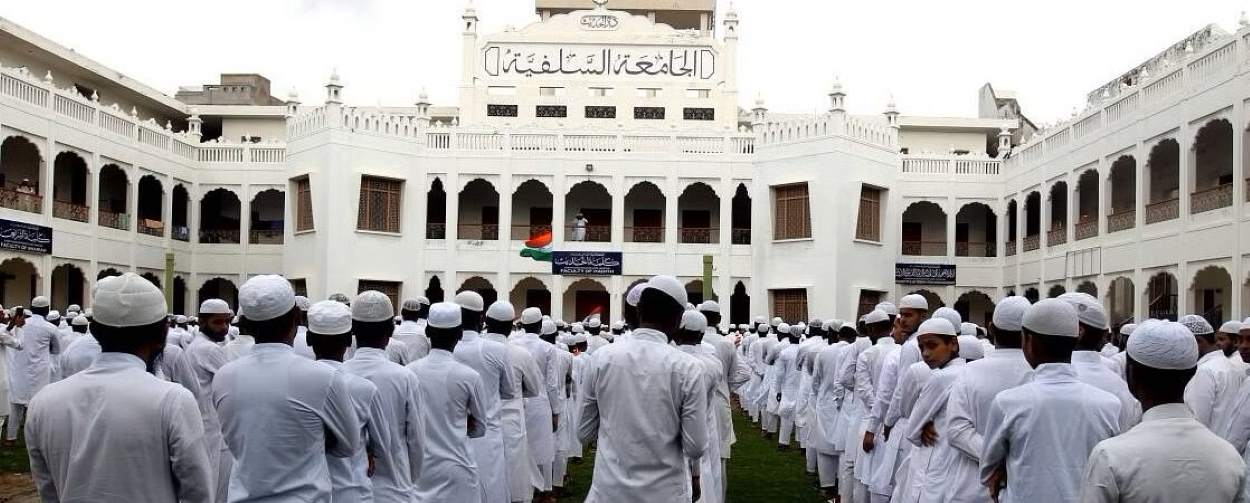An Indian court has effectively prohibited madrasas in Uttar Pradesh, India’s most populous state. The court’s decision, ahead of the national elections, might widen the gap between many Muslims and Prime Minister Narendra Modi’s Hindu-nationalist administration.
The ruling, issued on Friday by the Allahabad High Court, annulled 2004 legislation regulating madrasas, citing a breach of India’s constitutional secularism. The court ordered the transition of students to mainstream schools.
This directive impacts approximately 2.7 million students and 10,000 teachers across 25,000 madrasas. Uttar Pradesh, where Muslims constitute a fifth of its 240 million population, will feel the most significant effects.
In their verdict, judges Subhash Vidyarthi and Vivek Chaudhary emphasized the state’s duty to ensure the educational inclusion of children aged 6 to 14.
As India approaches its general election, Modi’s Bharatiya Janata Party (BJP) is under scrutiny. The BJP, however, refutes claims of religious bias, asserting efforts to rectify historical grievances.
The Uttar Pradesh BJP spokesperson stressed the party’s concern for Muslim students’ education, denying opposition to madrasas but condemning discriminatory practices and illegal funding.
The court’s decision has stirred apprehensions within the Muslim community, especially during Ramadan. Madrasa officials and BJP minority wing members express their fears and the challenges of balancing party and community expectations.
The federal government argued against including singular religious teachings in school education and indicated no plans to resume funding for madrasas to teach general education subjects.
Following the court’s order, which applies to privately and government-funded madrasas, there’s uncertainty about the future of madrasa education in Uttar Pradesh. The state of Assam has already begun transforming madrasas into conventional schools, showcasing a broader trend across BJP-led regions.






